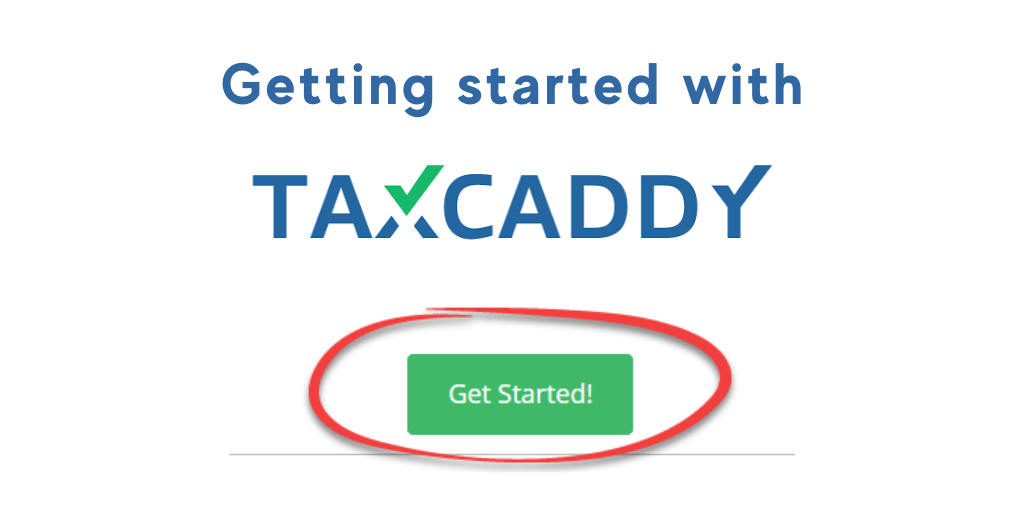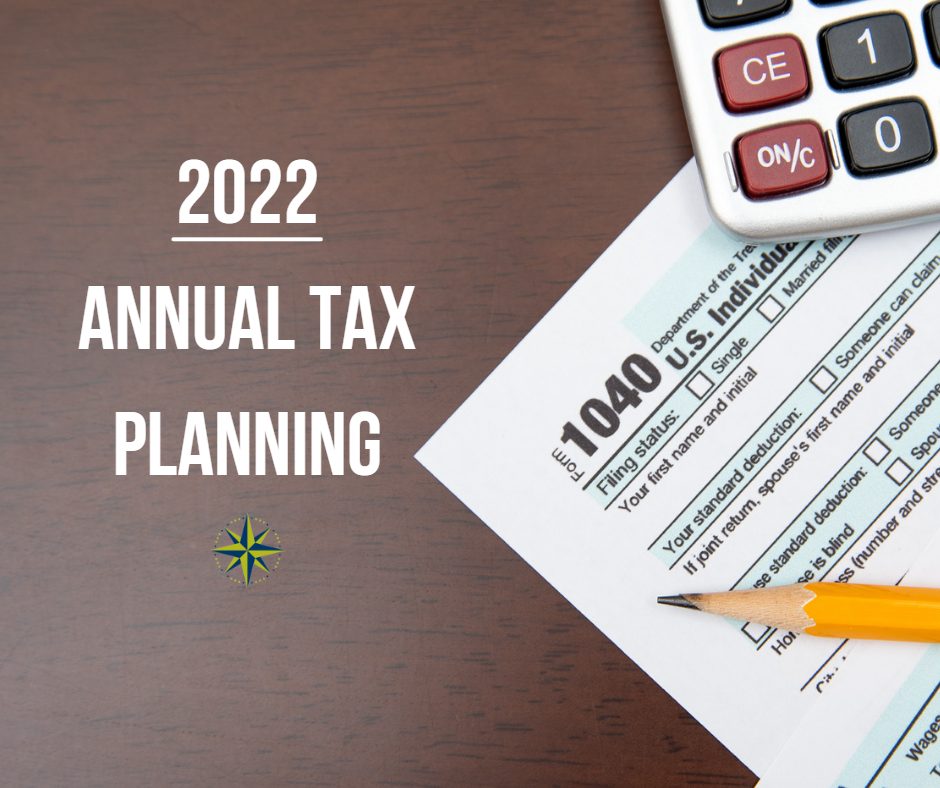April 15 always seems to sneak up, and surely this year will be no different.…
Tax Filing Season is Here – Things for Taxpayers to Consider
All financial advisors, CPAs and tax preparers are not created equal! At Chesapeake Financial Advisors, we combine our expertise in financial planning and taxes to provide clients with a service level that provides them with tax advice and preparation that is relevant to their financial plan. After all they go together more than any other area of personal finance.
Have you ever had to answer this question from your financial advisor? “Can you get that copy of your tax return from your CPA?”
Have you ever answered this question from your CPA? “Can you get a copy of your brokerage 1099 so I can enter your cost basis?”
It’s inefficient, time consuming and frankly, neither advisor knows the whole story. But at Chesapeake Financial Advisors we do know the whole story for our clients and that allows us to produce more dynamic financial and tax plans, more in depth analysis of tax deduction and strategies to help you keep your tax liability at the lowest legal limit and expand opportunities for you to save and invest tax efficiently. So as we head into tax filing season, here are some things for you to consider.
The IRS is now accepting tax returns as the annual tax filing season is underway. The IRS expects taxpayers to file more than 155 million returns this year. Here are some things for taxpayers to consider as they are filing:
- People have until Tuesday, April 17, 2018, to file their 2017 returns and pay any taxes due.
- Choosing e-file and direct deposit is the fastest and safest way to file an accurate income tax return and receive a refund.
- Families with incomes of $66,000 or less can file for free. They can do so using brand name software through the IRS Free File program. People who earned more than $66,000 may use Free File Fillable Forms.
- By law, the IRS cannot issue some refunds before mid-February. These refunds are for tax returns that claim the Earned Income Tax Credit or the Additional Child Tax Credit. The IRS expects the earliest refunds related to EITC and ACTC to be available in taxpayer bank accounts or on debit cards starting on Feb. 27, 2018.
- The best way for taxpayers to check the status of a refund is to use “Where’s My Refund?” on IRS.gov or the IRS2Go mobile app.
- Taxpayers with low and moderate incomes can get help filing their taxes for free. The Volunteer Income Tax Assistance and Tax Counseling for the Elderly programs have more than 12,000 sites around the country. To find the nearest site, use the VITA/TCE Site Locator on IRS.gov or the IRS2Go mobile app.
- Taxpayers should have their year-end statements in hand before filing. This includes Forms W-2 from employers and Forms 1099 from banks and other payers. Doing this helps avoid refund delays and the need to file an amended return.
- IRS.gov is the place to go online for tools that help people as they prepare and file their tax return. This includes:
- Let Us Help You page helps answer most tax questions.
- IRS Services Guide has information about where taxpayers can go for help.
- IRS.gov/account allows people to access information about their federal tax account.
- Many Individual Taxpayer Identification Numbers expired on Dec. 31, 2017. This includes any ITIN not used on a tax return at least once in the past three years. Also, any ITIN with middle digits of 70, 71, 72 or 80 is now expired. Affected taxpayers should act soon to renew their number.
Some taxpayers using a tax filing software product for the first time may need their Adjusted Gross Income amount from their prior-year tax return. They need this to verify their identity. Taxpayers using the same tax software they used last year will not need to enter this information.


